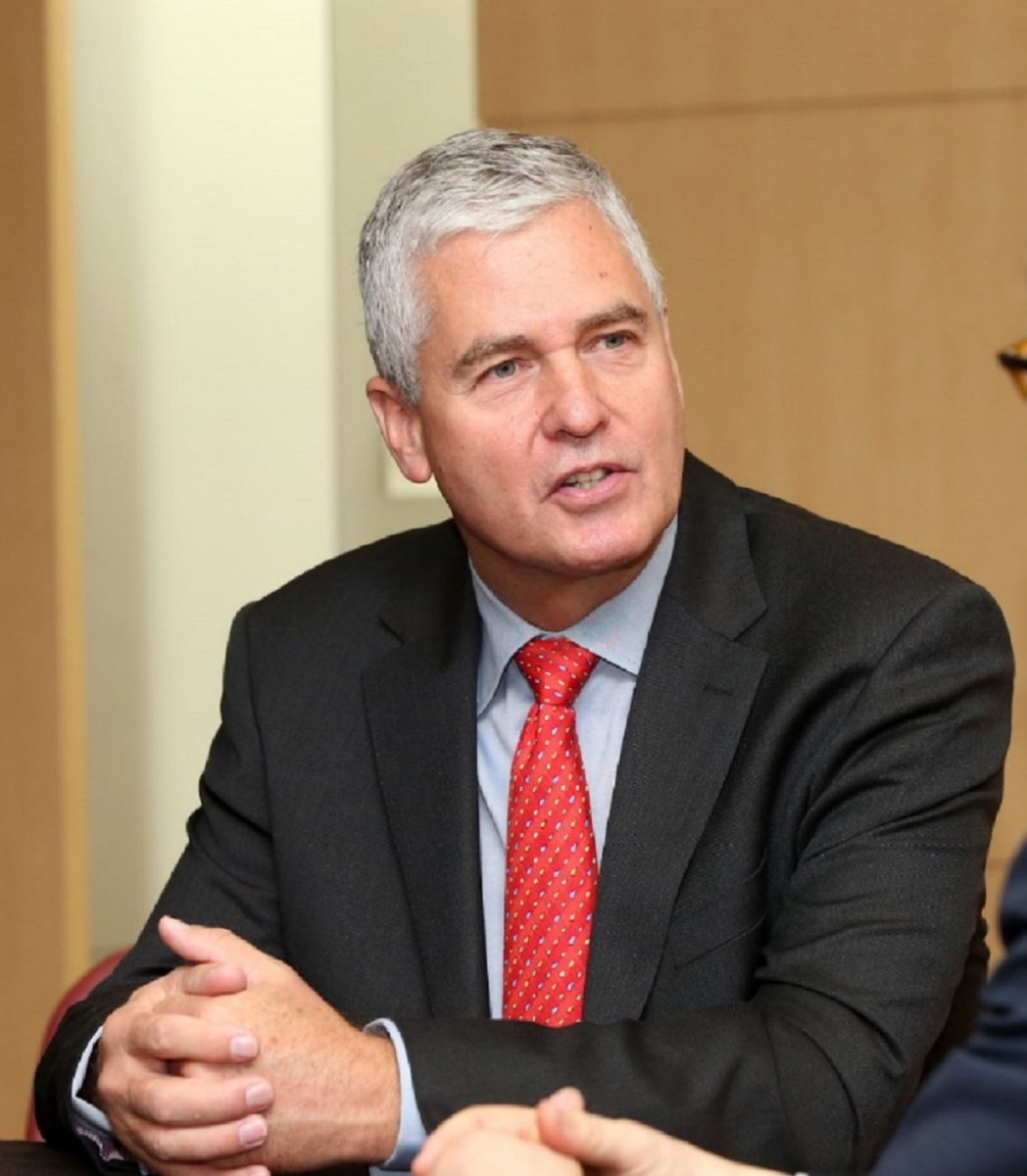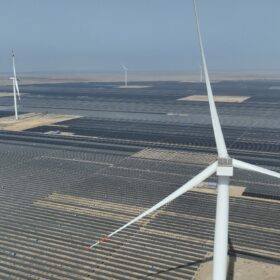Actions taken today in the pursuit of environmentally sustainable and socially inclusive growth path in India stand to benefit more than 17 percent of the world’s population. A sustainable future for India carries an impact for the subcontinent and the entire world.
At GGGI – the Global Green Growth Institute – our attention is captured by the impressive economic performance of India and the progress of its more than 1.32 billion people toward improved household incomes and welfare. At a consistent annual GDP growth rate of around 7 percent, environmental sustainability and social inclusivity of growth are our highest priority concerns.
However, given India’s tremendous growth potential, it is important to incorporate green solutions for sustaining the pace of growth. Green low carbon solutions are of paramount importance in extending India’s service delivery of clean water, sanitation and energy for all. This goes hand in hand to ensure resilience of India’s ecology, its capacity to adapt to climate change impact, and enabling marginal segments of the population to participate in the mainstream economy and the emerging opportunities.
Policy choices are important for achieving the goal of resilient ecosystems. Robust and growing economies have rapidly increasing energy demands. As the third largest energy consumer in the world, India is making substantial interventions in improving energy access through schemes such as Deen Dayal Upadhyay Gram Jyoti Yojna (DDUGJY) for rural electrification and SAUBHAGYA for intensive household electrification. However, as energy consumption grows in India and access of about 50 million additional households become a reality, India’s decisions on ways of powering its economy will have far-reaching consequences on its sustainability.
Use of modern technology to reduce emissions is a game changer in the pursuit of an inclusive and environmentally sustainable growth path. The collaboration between GGGI, Bengaluru Metropolitan Transport Corporation and other stakeholders to introduce the first electric buses to India is an example of how local level innovation can yield positive results in energy efficiency. The success of this project is in line with the country’s Intended Nationally Determined Contribution (INDC) commitments to reduce its carbon emissions and improve energy efficiency.
Successfully sustained green growth projects, such as Bengaluru electric bus project, have at least two important impacts: They demonstrate success case and the value of national government championing priority sustainability issues; and more importantly, they highlight the longer-term benefits and the more resilient rates of return of green projects that can attract more investment for funding their scaling up.
GGGI understands the importance of facilitating finance for programs to harness benefits of green technology solutions in electrification of the country. We are supporting design and financial structuring of a debt fund for the off-grid energy sector. These sources can help increase the capacity of India’s electricity network. We will continue to develop innovative financing schemes to draw more actors into these effort, especially small and medium enterprises that ordinarily see the overwhelming risks to get involved.
Working with ISA
Development institutions and governments must collaborate to achieve their shared aims. India has taken a commendable step in this direction through the International Solar Alliance (ISA). As an international organization devoted to collaboration and partnerships, at GGGI, we stand with the Indian Government. GGGI’s experience places an accent on the compounding benefits from working together to successfully and rapidly ramp up India’s electrification network and particularly to increase the presence of solar solutions in extending electrification services country-wide, including to the most marginal households.
At GGGI, we envision a healthy ecosystem of investors, lenders, and development institutions sharing the financial burden. We aim to increase the number of investors and funding committed to increasing low-carbon and climate-resilient investments. The capital itself exits. The New Climate Economy report says the Investor Platform for Climate Actions has attracted investors with a combined $125 trillion assets. This can help governments across the world not to rely solely on budgetary resources.
The task today is to ensure that countries take bold steps to commit to reducing emissions to accomplish their carbon emission reduction goals. We encourage ambitious targets and offer the necessary support for implementation. With India’s commitment to sustainability, technology transfer and capacity building are essential ingredients to its green ambitions and the International Solar Alliance presents an important opportunity to share knowledge among the partnership.
GGGI will work closely with countries in the ISA. We will leverage our lessons from the renewable energy sector in India and elsewhere and provide a platform for learning among countries in the region and the world. With these efforts, and support from the governments to incorporate low carbon technology and green policy choices to enable the release of the benefits of cleaner air and extended sustainable services access we envision a sustainable greener planet.
The ISA sets our expectations high for a sustainable future for India, the continent and the world as our resolve in sustainable growth momentum accelerates through this global partnership.
Dr. Frank Rijsberman leads the Global Green Growth Institute (GGGI) in supporting governments transition towards a model of economic growth that is environmentally sustainable and socially inclusive. With over 30 years’ experience addressing the challenges of environmental sustainability and poverty reduction with leading international organizations and philanthropic foundations, Dr. Rijsberman was appointed as the Director-General of the Institute, on October 1, 2016.
The views and opinions expressed in this article are the author’s own, and do not necessarily reflect those held by pv magazine.
This content is protected by copyright and may not be reused. If you want to cooperate with us and would like to reuse some of our content, please contact: editors@pv-magazine.com.








By submitting this form you agree to pv magazine using your data for the purposes of publishing your comment.
Your personal data will only be disclosed or otherwise transmitted to third parties for the purposes of spam filtering or if this is necessary for technical maintenance of the website. Any other transfer to third parties will not take place unless this is justified on the basis of applicable data protection regulations or if pv magazine is legally obliged to do so.
You may revoke this consent at any time with effect for the future, in which case your personal data will be deleted immediately. Otherwise, your data will be deleted if pv magazine has processed your request or the purpose of data storage is fulfilled.
Further information on data privacy can be found in our Data Protection Policy.